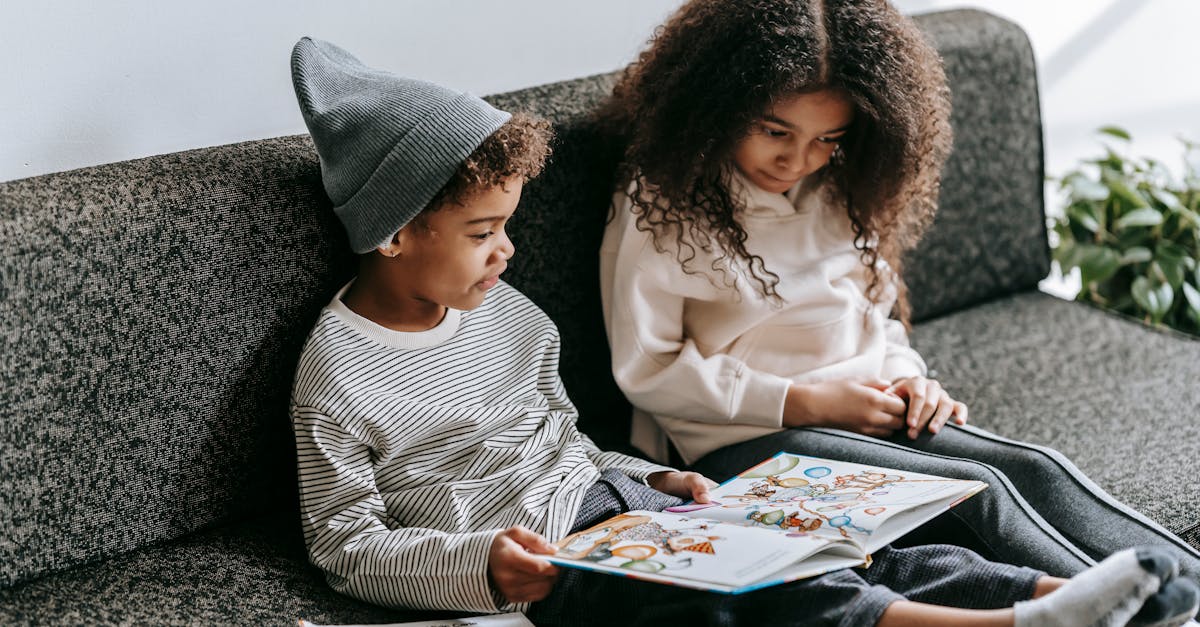The Miracle of Little Thank Yous
Sometimes, getting your toddler to say ‘thank you’ feels like winning a small lottery. But these tiny words hold a huge impact. Preschoolers love mimicking adults, and showing gratitude can be contagious. So why not seize the chance to turn thankfulness into a habit?
Through faith, these magical words become more than just a polite accessory; they transform into an appreciation for life itself.
Ways to Incorporate Gratitude into Daily Activities
Find fun and practical ways to incorporate gratitude into routine activities. Here are a few ideas:
- Start Small: Maybe with a ‘thank you’ song.
- Celebrate Gratitude: Create a gratitude jar where your child can add notes of things they are thankful for.
- Model Behavior: Show gratitude in your daily interactions.
It’s as rewarding as it sounds! And here’s a secret: they might even start saying thank you without being prompted. Imagine that!

Building Blocks of Gratitude: Faith as a Guide
Faith can be a wonderful anchor for teaching gratitude, no matter the belief system. Simple stories from religious contexts where kindness and appreciation are celebrated can be a starting point.
Just like when I ventured into teaching my nephew the importance of sharing during snack time; he initially resisted, claiming he needed both cookies to fuel his ‘superpower’. Over time, stories about sharing from our faith tradition helped him understand why his friends needed superhero strength too.
Faith stories resonate with young minds and add layers to the basic concept of thankfulness, building a foundation of compassion and appreciation.

Laughing Through Gratitude
Who says learning to be thankful has to be serious all the time? Sometimes humor can infuse a sense of light-heartedness into this important life lesson. Picture this: our almost-four-year-old pretending to pray, promising never-ending candy if he finished his greens. Despite not being theologically correct, it was a great opportunity to joke and redirect his understanding.
A playful approach keeps young learners engaged, making them more open to understanding and internalizing gratitude. Incorporate a bit of humor when teaching them about gratefulness, and you’re bound to connect more effectively—and enjoy some laughs along the way.

Why Challenges are Okay
It’s completely normal for preschoolers to face emotional hurdles. Feeling frustrated or jealous is all part of their learning curve. Teaching gratitude through faith can provide them with tools to process emotions positively.
When my daughter didn’t get her turn on the swing, we talked about being thankful for all the other playground moments. Turning potential tantrums into teachable moments fosters resilience and patience.
Parents can acknowledge these emotions, guiding their little ones in channeling feelings towards gratitude. Gradually, they’ll learn that challenges can lead to greater appreciation when things do go their way.

By embracing these experiences, we not only help our children manage their emotions but also instill in them a lasting sense of appreciation for the positive moments in life.
Interactive Thankfulness Adventures
Turn gratitude into an adventure! Plan activities where kids can appreciate the world around them. Create a ‘thankfulness treasure hunt’—like finding things that make them happy during their day. It could be as simple as watching clouds or counting colorful flowers during a walk.
Not only does this activity enrich their curiosity, but it also strengthens their observational skills. Through faith, families can celebrate these small wonders together.
Encouraging Joyful Discoveries
Encourage kids to share their joyful discoveries—give them fun badges or stars to reinforce their achievements. These experiences shape a pattern of noticing and appreciating the good things in life.
Image Inspiration

- Engage curiosity: Explore the environment together.
- Develop observation skills: Encourage noticing small details.
- Share experiences: Create a culture of gratitude in your family.
Let’s Grow Together
Help your child grow into a thanksgiving pro by leading the way. Share your gratitude stories and talk about what made you thankful that day. During dinner, my son often heard me say, ‘I’m thankful for our warm toast today, even if the butter refused to cooperate.’
Share your little moments and encourage your child to share theirs too. Watch how quickly their gratitude vocabulary will expand! By engaging them in reflective conversations, families create an environment that values gratitude, honesty, and faith.
Participate in their exciting journey, establishing a mutual bond of trust and understanding.

Encouraging gratitude not only helps children develop a positive outlook but also strengthens family connections. Together, let’s embrace this journey of thankfulness!
Wrapping It All Up with a Smile
Ending on an upbeat note, remember gratitude isn’t about perfection—it’s about consistent effort. Celebrate small victories, whether it’s a toddler’s spontaneous ‘gracias’ or their appreciation for kitty cuddles. Together, these little gestures form a remarkable pattern.
In our family, countless ‘thank yous’ were often followed by bursts of giggles, creating a future record on embarrassing phone videos. It’s essential to recognize and honor these moments.
Encouraging Gratitude
Encouraging a thankful heart is one gift you can give that lasts a lifetime. So, smile, have fun, and enjoy the sweet journey of gratitude and faith with your preschooler.

